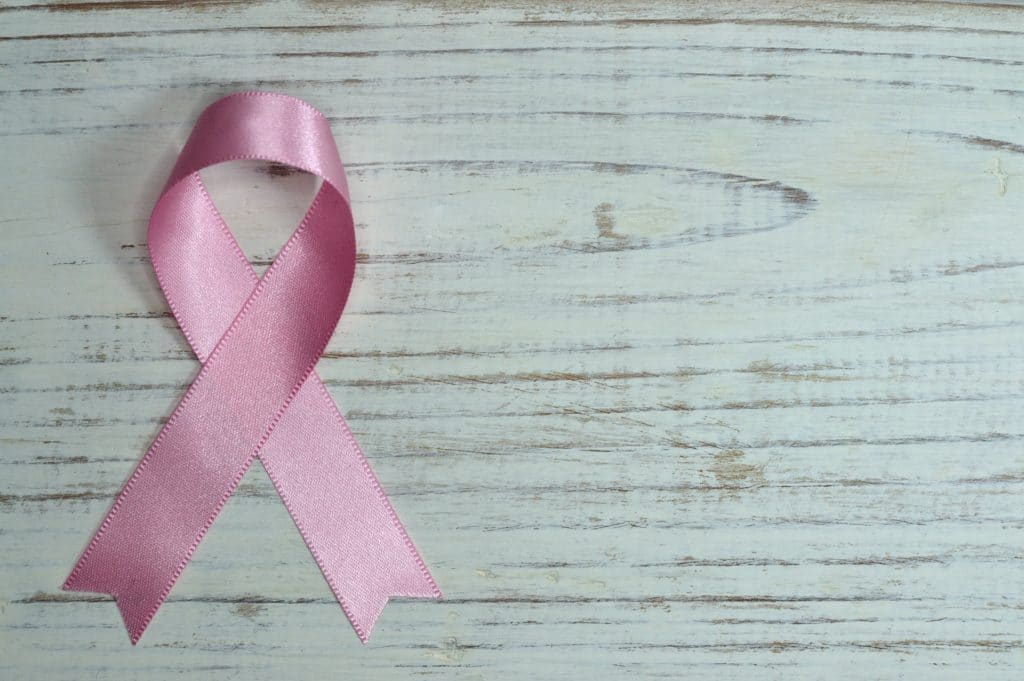The Link Between Obesity and Cancer

There are 236 medical problems related to obesity. Of these, 13 are cancers. And the American Society of Clinical Oncology estimates that 40% of all cancers are weight-related.
Obesity-related Cancers
The cancers known to be weight-related include:
- Meningioma
- Esophagus
- Multiple Myeloma
- Kidneys
- Uterus
- Ovaries
- Thyroid
- Breast
- Liver
- Stomach
- Gallbladder
- Pancreas
- Colon / Rectum
How do we explain the relationship between Obesity and Cancer?
Obesity is NOT a cosmetic disease. Excessive body fat contributes to a multitude of health problems ranging from elevations in blood pressure to type 2 diabetes. Many cancers are through to result from hormonal imbalance. For example, body fat makes a form of estrogen. High levels of body fat can create higher levels of estrogen, thus stimulating female cancers including breast and uterine cancers.
Excessive levels of body fat is also related to insulin resistance. A person with insulin resistance will have higher levels of circulating insulin. It is thought that this may contribute to gastrointestinal cancers including esophagus, liver, stomach, gallbladder, pancreas, colon and rectum.
Third, excessive body fat produces a host of inflammatory hormones known as cytokines. It is possible that these elevated levels increase cancer risk as well.
What can I do to lower my risk of obesity-related cancers?
There are many things you can do to lower your cancer risk:
- If you have a high BMI, try to lose some weight. 5-10% of your total body weight (so for a person who is 200 pounds, 10-20 pounds) is a great starting point.
- Exercise regularly. Regular physical activity reduces inflammation, reduces insulin resistance, and can reduce body fat stores.
- Eat healthfully, including vegetables, whole grains, whole fruit, legumes, and nuts, and avoid highly processed foods, particularly those containing trans-fats.
- Get all of the recommended screening tests for cancer – skin checks for melanoma, colonoscopy (new recommendation is to start colon cancer screening at age 45), mammograms, etc. Check with your primary care physician to make sure you are up to date.
- Evaluate any new symptoms promptly – change in menses, blood or dark stools, etc.
This article was inspired by all of my patients who have suffered with a cancer diagnosis. Most of my patients who have had cancer have had it successfully treated. For those living with a cancer diagnosis, I hope for successful treatment and a cure! -Dr. L



